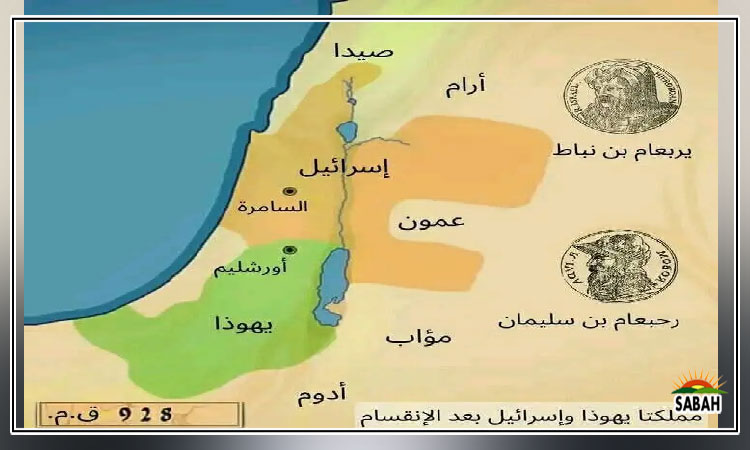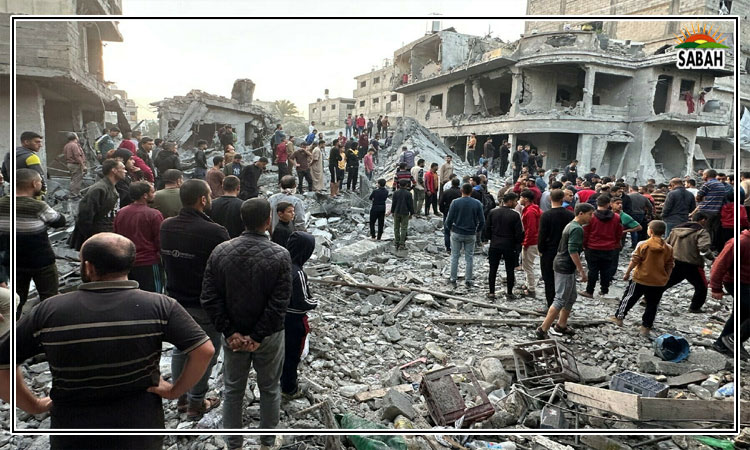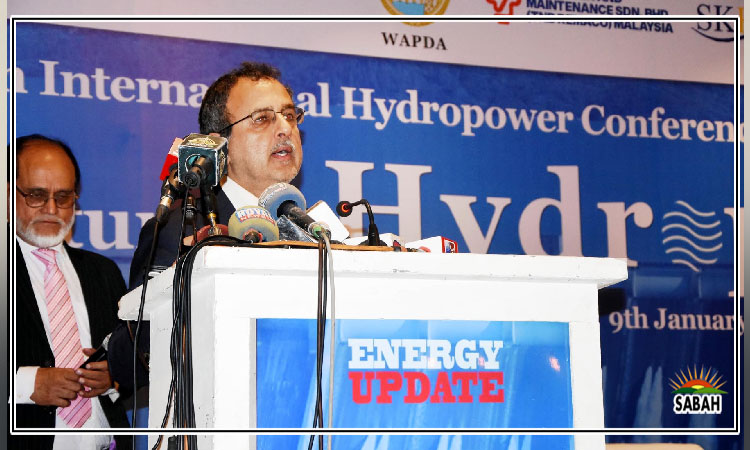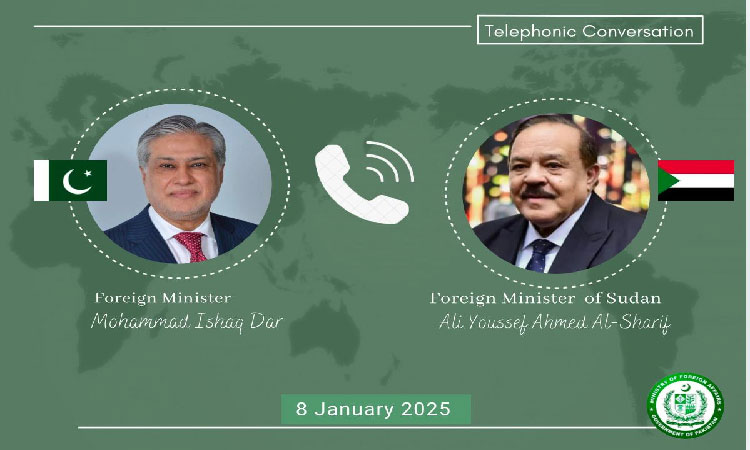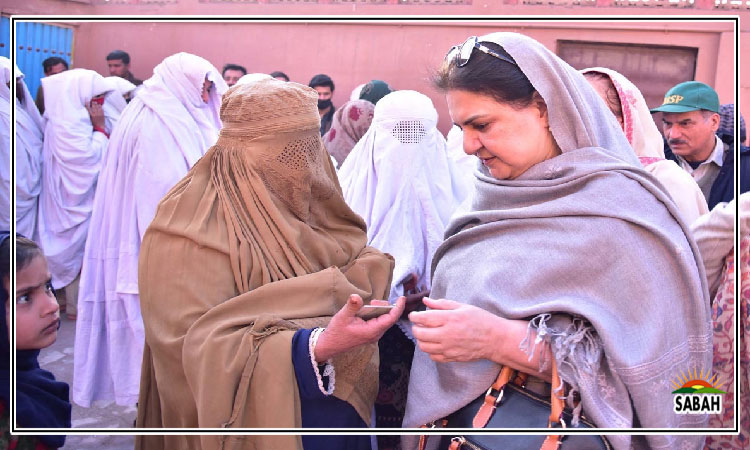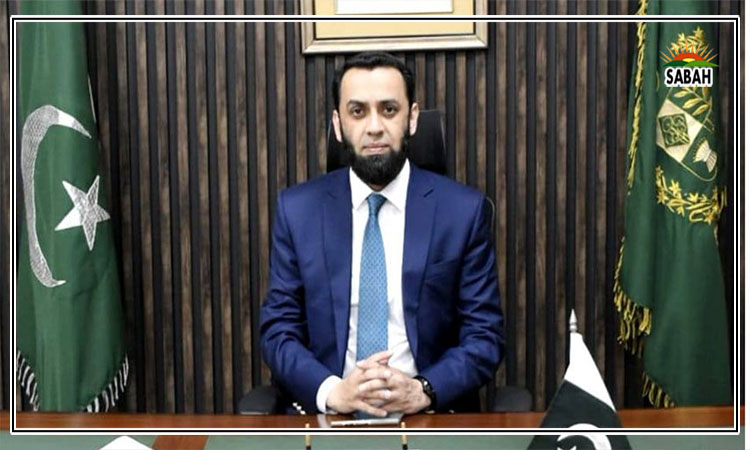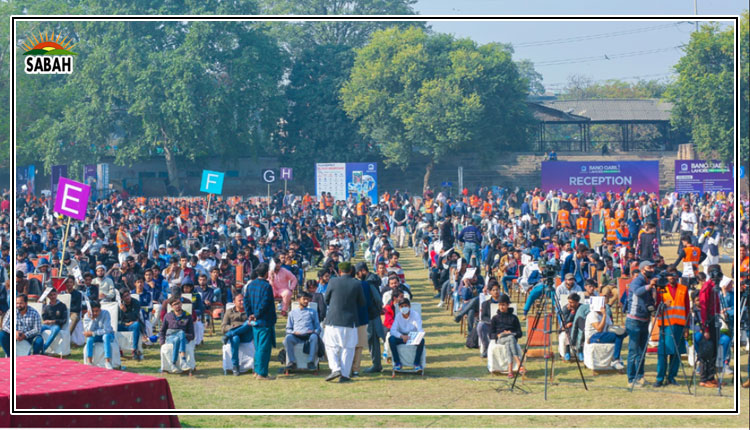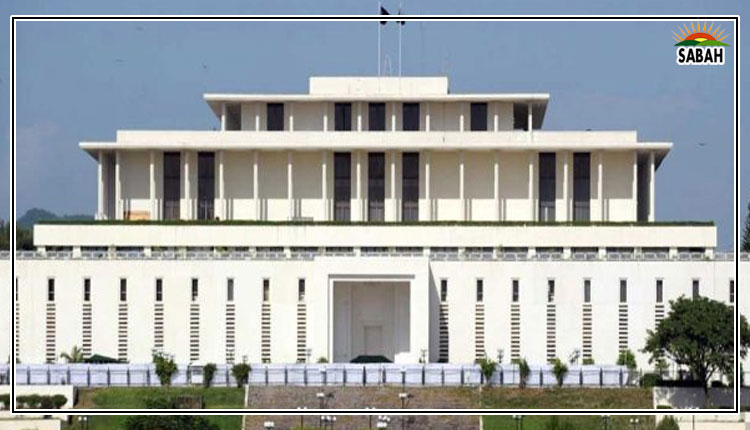The disparity divide…Kamila Hyat
As we finish marking Eidul Fitr this year, there are many ways to observe the extent of the disparity which has overtaken society. In some quarters, we have seen people shop as they did in years and decades gone by, purchasing all kinds of luxury items to wear for perhaps a single day or maybe two.
In other parts of the same towns and cities, we have seen people go through piles of old clothes on carts hoping to find something they can bring home to their children. Many families have chosen to mark Eid only for the youngest members of families and not for adults. And, of course, there are many others. Some would estimate there is at least one-third of the population which lives below the poverty line, which cannot hope to mark Eid at all. Yes, charitable foundations and philanthropists of all kinds have given out food and money and clothing and other items, but philanthropy is really no way in the long run to solve the problems of a country where so much disparity exists and has worsened as a result of the recent inflation and the economic disasters which have come with it.
As we come to the end of Eid and begin the next chapter in our lives no one knows how it will unfold or if theres any hope at all. What are we doing to stop this crisis from unfolding? The situation of people in Sindh and Balochistan is so markedly different to those in Punjab that most believe they live in a separate country with no lines of connection between them. Certainly, in Punjab few think about the Sindhis or the Baloch or know them only as figures from some distant picture or photograph. Khyber Pakhtunkhwa is also split down the middle but has to make its own decisions and chalk out its own future with the former Fata areas still struggling to move into something resembling a space where the law prevails and where people can live normal lives.
The degree of disparity requires major thoughts on economic and also social reform. Of course, education is the best way to achieve this by setting up quality schools for each child, no matter where he or she comes from, and receive a high-quality education and move on in life. But it is difficult to see this happening in a country which for over seven decades has ignored education altogether or in fact deliberately held it back, with the elite playing the key role in this in order to prevent any situation where the impoverished masses can equal the higher echelons in society, the so-called elite, which truly rule the country.
In order to end disparity, we will need major land reforms and a definite move away from the extremely flawed investment in land state encouraged under the previous PTI government. Owning land does not bring jobs and is not productive. We need industrial growth of all kinds and we need a way to distribute wealth more equitably. Of course, taxation is the best way to achieve this as is social support programmes of various kinds run under the government. The fact that so many of the wealthy pay so little in taxes is shocking. This has to change. How it can be achieved is something for any government to think about very hard.
It is unfortunate that even though there is immense political discussion in the country, no political party talks about an agenda for the future. We do not hear about what each party intends to do to bring about the change it sometimes vaguely talks about. But the nuts and bolts of this are ignored. Policies and programmes are not discussed and political talk really revolves either around leaked audio tapes or the corruption that we have imagined is our main enemy.
Instead of this, we need a whole scale agenda which can bring people closer together. We need to act as a nation and we need to step up production and export in all areas. It is unclear why we have been such failures in achieving this compared to, say, even Bangladesh, which exports more textile than us even though it doesnt grow cotton. Of course, policies which have led to a fall in the production of cotton hurt us. Other nations, such as Vietnam have moved far ahead by building skilled labour forces able to take on better work and create more industry and more exports in their country.
There is also the question of how Pakistan is seen by the world. People are naturally reluctant to invest in a country which is so unstable, and the image of which is still broadly based around terrorism and criminal action of various kinds. The fact that we have more criminal action than before is a side-effect of the levels of poverty and unemployment people are facing. But we need to rebrand ourselves and set a new image of Pakistan before the world. India achieved this many decades ago through programmes which highlighted its success in various areas as well as its skill and its culture. We need to do something around the same lines, but of course, in our present situation, it would take nothing short of a miraculous action to bring things back together again.
This can be achieved. In the first place, we need to unite people and build more empathy in Punjab, for the other smaller provinces which are distinctly less powerful and distinctly more impoverished. This must begin at school, through textbooks and teaching. It is true that at college level when people do come together from Balochistan, Punjab and other places, they often unite and recognize that the poor in Punjab are really not all that different to their counterparts in Sindh or the parts of a country. But the amount of wealth owned by the top one or two per cent of society is so huge that all these people stand completely differentiated from them.
We need to end this divide piece by piece. It is true that we will not be able to achieve this immediately or altogether. But the process must begin now by first of all thinking out policies and then by implementing them one at a time. We have the talent to do so. There are many Pakistanis, most of them working overseas, who hold top positions in universities and think tanks. We need to bring them back into thinking for Pakistan which many are willing to do.
The need is to move forward by planning and remembering that a nation can only be built by strengthening its people and moving away from other doctrines which focus less on people and more on other aspects of life. It is essential that the people receive enough food on which to thrive and enough education to move into the age in which the world exists today. Technology can be a partner in this. But first, we need vision and we need thinking. We see none of this before us at the present time and can only hope it will emerge very quickly in the future before it is too late, even as we struggle with the constitutional stew that leaves us all completely confused and completely uncertain as to the future.
Courtesy The News



